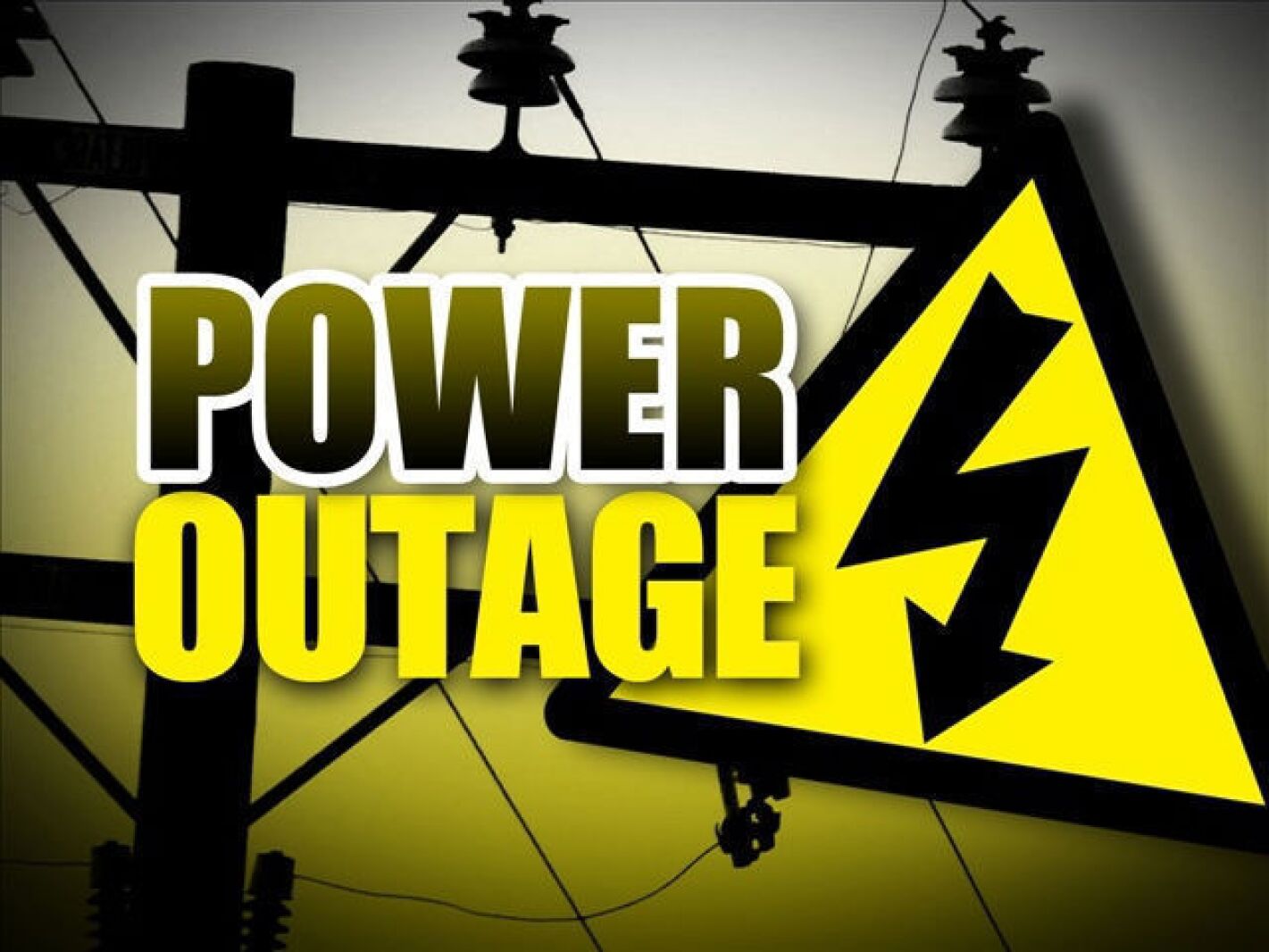Causes of Power Outages
Power outages can be caused by a wide range of factors, both natural and man-made. Some of the most common causes include:
Natural Disasters: Natural events such as hurricanes, earthquakes, and floods can damage power lines and equipment, leading to widespread outages. For example, Hurricane Sandy in 2012 caused power outages for millions of people in the northeastern United States.
Equipment Failures: Power outages can also be caused by equipment failures, such as transformer explosions or downed power lines. These failures can be caused by a variety of factors, including aging infrastructure, extreme weather conditions, or animal interference.
The power outage last night was a bummer. I was just about to watch the shakur stevenson vs artem harutyunyan fight when the lights went out. I hope the power comes back on soon so I can catch the rest of the fight.
Hopefully, this won’t happen during the next fight I want to watch.
Human Errors: Human errors, such as accidental damage to power lines or improper maintenance, can also lead to power outages. For example, in 2013, a human error at a power plant in California caused a massive outage that affected over 1 million people.
Power outage? Not a problem! Catch the electrifying Nate Diaz vs. Masvidal fight and forget all about the darkness. When the lights come back on, you’ll be pumped up and ready to take on anything.
Impact of Power Outages: Power outages can have a significant impact on individuals, businesses, and infrastructure. For individuals, power outages can disrupt daily routines, lead to food spoilage, and pose health risks for those who rely on medical equipment.
For businesses, power outages can result in lost revenue, productivity, and damage to equipment. For infrastructure, power outages can disrupt transportation, communication, and water supply.
Effects of Power Outages

Power outages can have significant consequences, disrupting daily life, causing economic losses, and posing safety hazards. They can also have a profound psychological and emotional impact on communities.
Disruptions to Daily Life
- Interruption of essential services such as water supply, sewage treatment, and communication networks.
- Closure of businesses, schools, and public facilities, leading to lost productivity and inconvenience.
- Difficulty in preparing and preserving food, leading to spoilage and potential health risks.
Economic Losses
- Businesses may lose revenue due to downtime, equipment damage, and lost productivity.
- Industrial operations can be severely affected, resulting in production delays and financial losses.
- Small businesses and individuals may face financial hardship due to lost income and increased expenses.
Safety Hazards
- Increased risk of accidents due to darkness and malfunctioning traffic signals.
- Medical emergencies can be life-threatening without access to power for medical equipment.
- Fire hazards due to candles or alternative lighting sources used during outages.
Psychological and Emotional Impact, Power outage
- Anxiety and stress due to uncertainty and lack of information.
- Isolation and loneliness, especially for those who rely on technology for communication and social interaction.
- Fear and insecurity, particularly during prolonged outages or in areas with a history of power instability.
Mitigating Power Outages
Power outages can be a major inconvenience, and in some cases, they can even be dangerous. There are a number of things that can be done to prevent and mitigate power outages, including investing in reliable infrastructure, implementing early warning systems, and promoting energy conservation.
Investing in Reliable Infrastructure
One of the most important things that can be done to prevent power outages is to invest in reliable infrastructure. This includes things like upgrading power lines, transformers, and substations. It also includes burying power lines underground, which can help to protect them from damage caused by storms and other events.
Implementing Early Warning Systems
Early warning systems can help to give people time to prepare for power outages. These systems can detect problems with the power grid and send out alerts to people in the affected areas. This gives people time to turn off appliances, unplug electronics, and make other preparations.
Promoting Energy Conservation
Energy conservation can help to reduce the risk of power outages by reducing the demand for electricity. There are a number of things that people can do to conserve energy, such as turning off lights when they leave a room, unplugging appliances when they are not in use, and using energy-efficient appliances.
Renewable Energy Sources and Distributed Generation
Renewable energy sources, such as solar and wind power, can help to reduce the risk of power outages by providing a backup source of electricity. Distributed generation, which is the generation of electricity from small, decentralized sources, can also help to reduce the risk of outages by providing a more resilient power grid.
Public Education and Awareness Campaigns
Public education and awareness campaigns can help to prepare people for power outages and to reduce the risk of injuries and damage. These campaigns can teach people about the causes of power outages, how to prepare for them, and what to do if they occur.